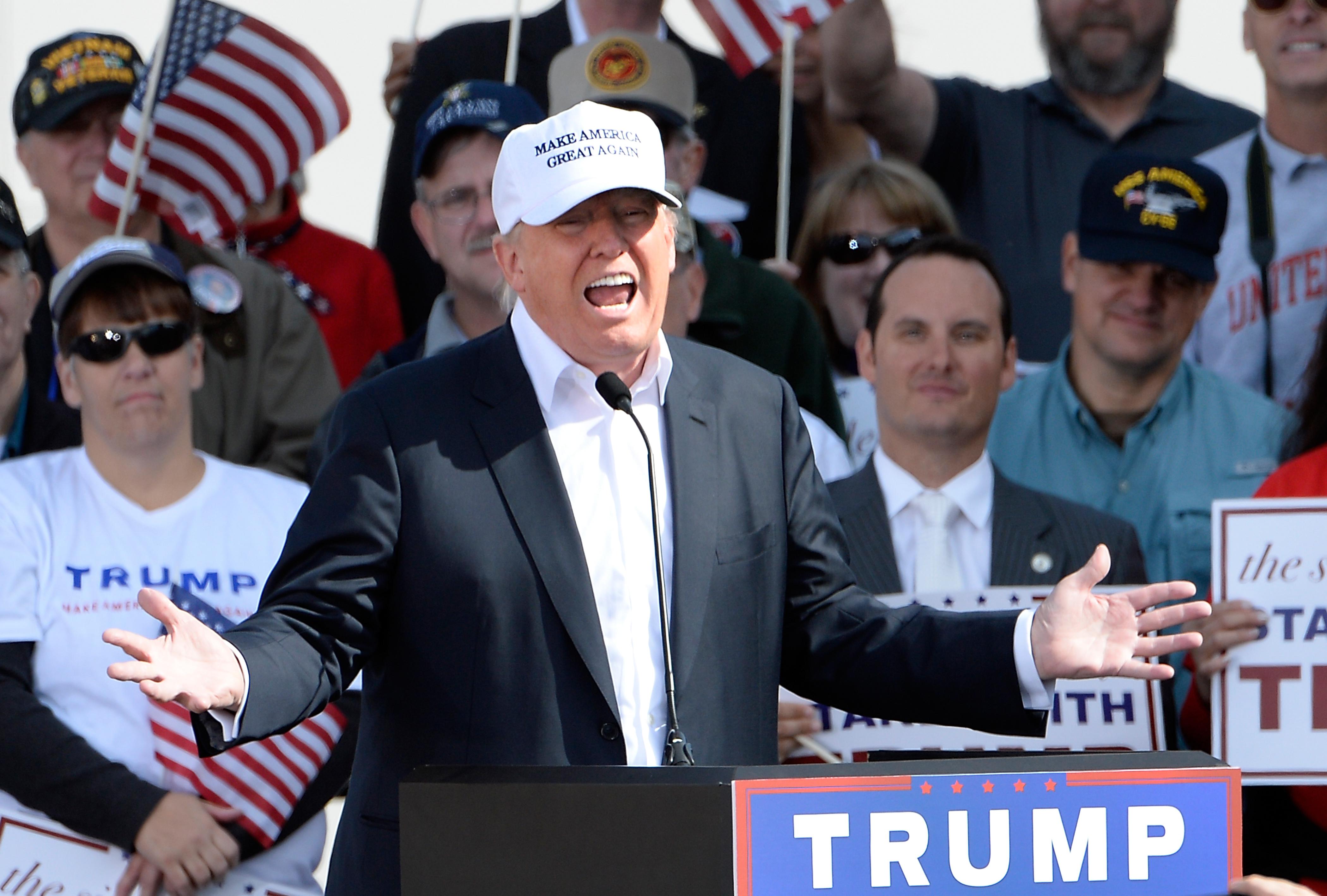In the days since Friday’s horrific attacks in Paris—the most deadly act of terrorism on European soil in more than a decade—something approaching a consensus has emerged among politicos, pundits, and the political press corps in Washington: The fear-inducing violence in France could bring order to what has been a chaotic Republican presidential campaign here at home.
The New York Times reports that the attacks have “thrust national security to the heart of the presidential race, forcing candidates to scramble and possibly prompting voters to reconsider their flirtations with unconventional candidates.” Bloomberg Politics calls it “an important gut-check moment for Republican voters who rank outsiders Donald Trump and Ben Carson as their top choices.” And Politico declares that it has shifted the race, at least for now, “from a campaign for the presidency to a test for commander in chief.”
Much of that is true: The attacks represent the type of unforeseen occurrence that can reshape a nominating race overnight. Already, we’re seeing that play out on the campaign trail and the cable news shows, with establishment candidates like Jeb Bush hoping against hope that the attacks will force a fearful electorate to see political experience as an asset instead of liability. But while GOP voters may now be asking themselves different questions, we shouldn’t assume that they’ll come up with different answers.
For starters there’s the obvious: Previous reports of Trump and Carson’s respective demises have already been greatly exaggerated. Despite a slew of nonsensical policy positions, disputed biographical details, did-they-really-just-say-that remarks, and generally lackluster debate performances, the two men still top the national GOP polls, as well as those in Iowa and New Hampshire. These surveys don’t predict the future, but they are a reminder that the two nontraditional candidacies have already proved remarkably durable.
Many of those same surveys, meanwhile, suggest that Trump and Carson enter a debate about national security with the advantage. In a Reuters poll released earlier this month, Trump and Carson easily bested the field when respondents were asked whom they trusted most to be commander in chief, negotiate with foreign leaders, and handle our nuclear arsenal. Yes, the Paris attacks take hypothetical debates about terrorism and ground them in the real world, but if a sizable chunk of the GOP electorate thought they’d sleep better before Friday knowing the former host of Celebrity Apprentice had his finger on the button, it’s difficult to imagine that opinion will change overnight.
It’s also not as though national security was missing from the GOP debate before last week. Potential GOP voters have long listed terrorism as one of their top two concerns in election years, and their favored candidates have long invoked the name of ISIS from the stump to warn of the need for a muscular national defense and intelligence apparatus. In a Pew Research Center survey released early last month, 79 percent of Republicans said terrorism was “very important” to their vote in 2016, trailing only the economy on the list of concerns. (As we saw over the weekend, the Paris attacks may do more to recalibrate the conversation in the Democratic contest, which until now had been more about economic and racial inequality.)
It’s early, but already the field of GOP contenders has begun to move largely in unison in response to the Paris attacks. The two most common proposals in the field so far have been instituting a no-fly zone over Syria and closing the U.S. borders to Syrian refugees. For Bush or Marco Rubio to stand out on this issue, then, they will have to do it through their rhetoric. And when it comes to word choice, brash and blustery has won out over nuance and knowledge up until now.
Trump also stands to benefit if the conversation about resettling refugees gets wrapped in the larger debate over immigration, an issue that so far has been the defining one in the GOP race. The Donald, after all, launched his campaign on the promise of building a wall along the southern border to stop the Mexican government from sending “rapists” and other criminals to the United States. It doesn’t take a political mastermind to see how he could use some voters’ unfortunate and unfounded fear of refugees to his advantage too.
None of that is to say that Trump or Carson will ultimately be the Republican nominee. But at this point in time, there are more reasons to believe the status quo will hold than there are to assume conservative voters will be scared straight into supporting a more traditional candidate by what happened in Paris.
